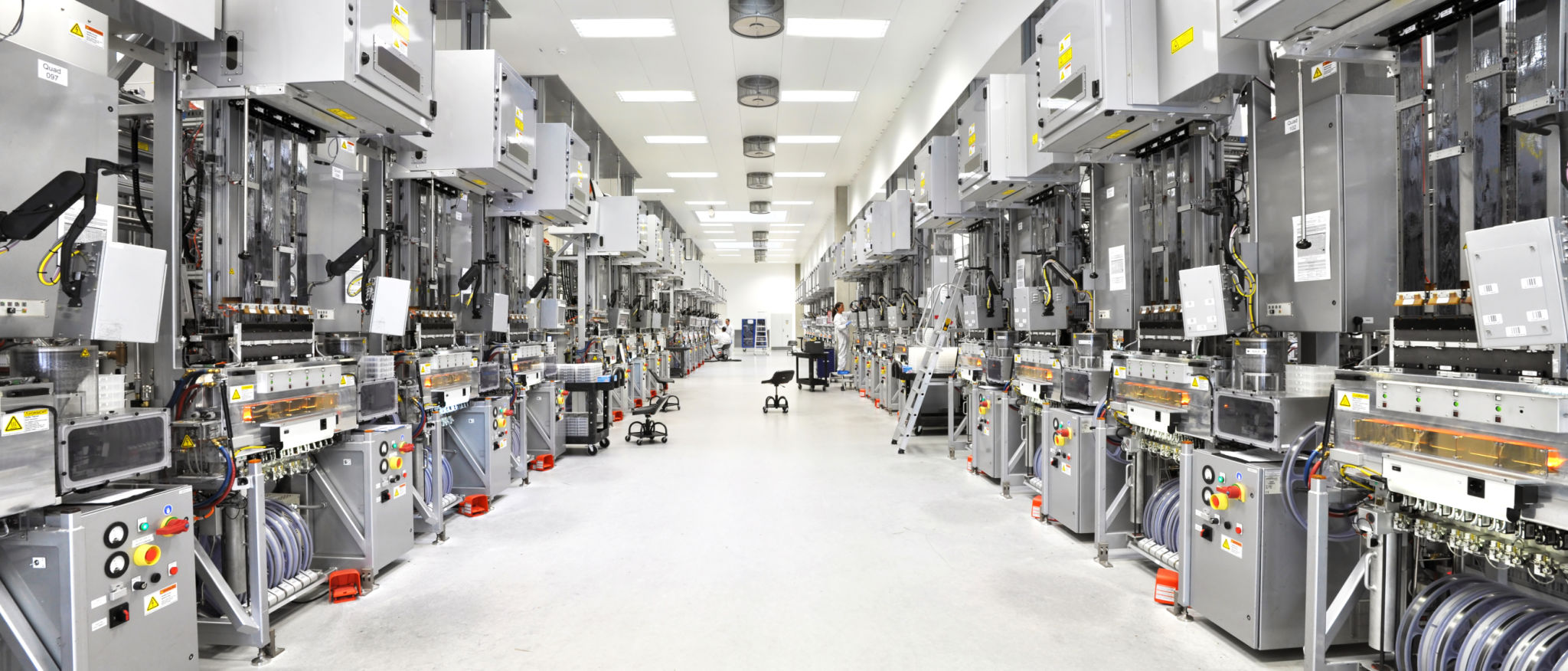Comprehensive Guide to Choosing the Right Structural Fabricator
Understanding the Role of a Structural Fabricator
When it comes to construction and engineering projects, the role of a structural fabricator is crucial. These professionals are responsible for creating metal structures that serve as the backbone of buildings, bridges, and other infrastructures. Their work involves cutting, shaping, and assembling metal components to meet specific design requirements.
A competent structural fabricator ensures that the materials used are of high quality and that the finished product meets safety standards and client specifications. Choosing the right fabricator can significantly impact the success of your project, making it essential to understand what to look for in a fabricator.

Key Considerations When Choosing a Structural Fabricator
Selecting the right structural fabricator involves careful consideration of several factors. Here are some key points to keep in mind:
Experience and Expertise
One of the first things to consider is the fabricator's experience and expertise. Look for a company with a solid track record in handling projects similar to yours. Experienced fabricators are more likely to have a deep understanding of the industry standards and can provide valuable insights into your project.
Check their portfolio and past projects to gauge their capability and quality of work. This will give you an idea of whether they can meet your expectations and deliver on time.

Quality Assurance and Certifications
Quality assurance is a critical aspect of structural fabrication. Ensure that the fabricator adheres to industry standards and possesses relevant certifications. Certifications such as ISO 9001 demonstrate a commitment to maintaining high-quality processes and products.
A reputable fabricator will also have robust quality control measures in place, ensuring that each piece is crafted to perfection. This attention to detail is crucial for the longevity and safety of the structures they produce.
Evaluating Fabrication Capabilities
Understanding the capabilities of a fabricator is essential in determining if they can meet your project requirements. Here's what you should evaluate:
Equipment and Technology
The equipment and technology used by a fabricator can significantly influence the quality and efficiency of their work. Modern machinery and advanced technology can enhance precision, reduce waste, and improve turnaround times.
Ask potential fabricators about their equipment and whether they invest in the latest technology. A company that prioritizes innovation is likely more capable of delivering high-quality results.

Customization Options
Your project may require unique specifications or custom designs. It's important to choose a fabricator that offers customization options to meet these needs. Discuss your requirements upfront and ensure they have the capability to tailor their services accordingly.
Customization often involves collaboration between the client and the fabricator, so ensure that communication channels are open and that they are willing to work closely with you throughout the process.
Cost Considerations and Budgeting
While cost should not be the sole factor in your decision, it is undoubtedly an important consideration. Here are some tips on managing costs effectively:
- Compare Quotes: Obtain quotes from multiple fabricators to get an idea of market rates.
- Understand Inclusions: Ensure that quotes include all necessary components, such as materials, labor, and transportation.
- Value Over Price: Consider the value offered by each fabricator, not just the price. A cheaper option may not always be the best choice if it compromises quality.
With these comprehensive insights, you are now better equipped to choose the right structural fabricator for your project. By prioritizing experience, quality, capabilities, and cost-effectiveness, you can ensure a successful partnership that meets your construction needs.